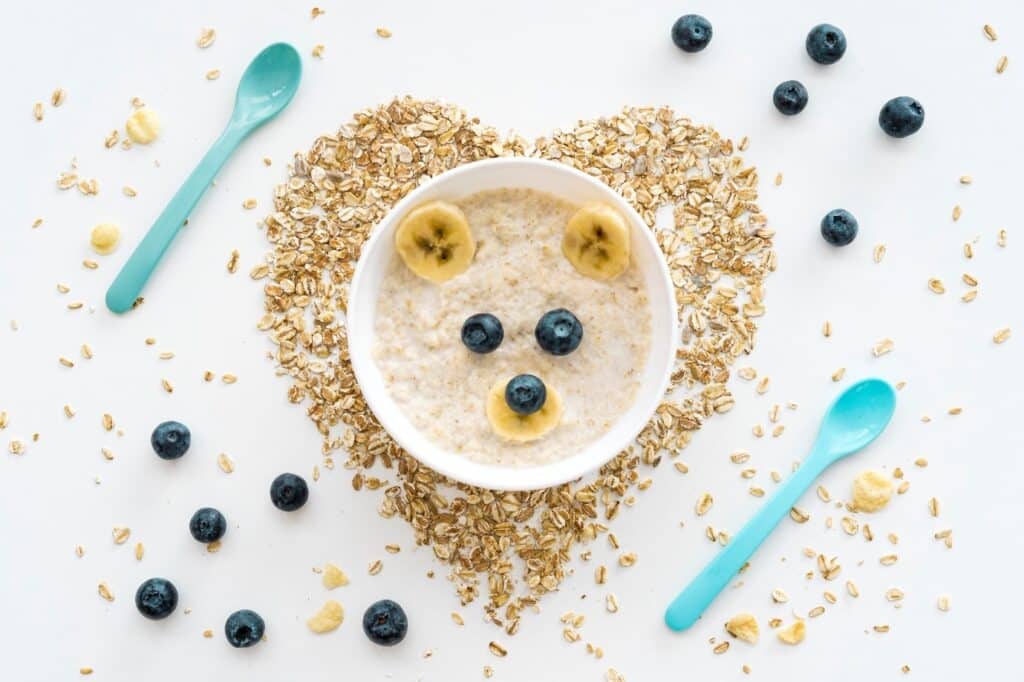Second Trimester Superfoods
The second trimester of pregnancy is a critical period for your baby’s development. This is when their organs are rapidly maturing, bones are forming, and brain development is accelerating. To support these vital growth stages, maintaining a nutrient-rich diet is essential. Including certain “superfoods” in your meals can provide you with the essential vitamins and minerals both you and your baby need during this time.
Second Trimester Superfoods Read More »











